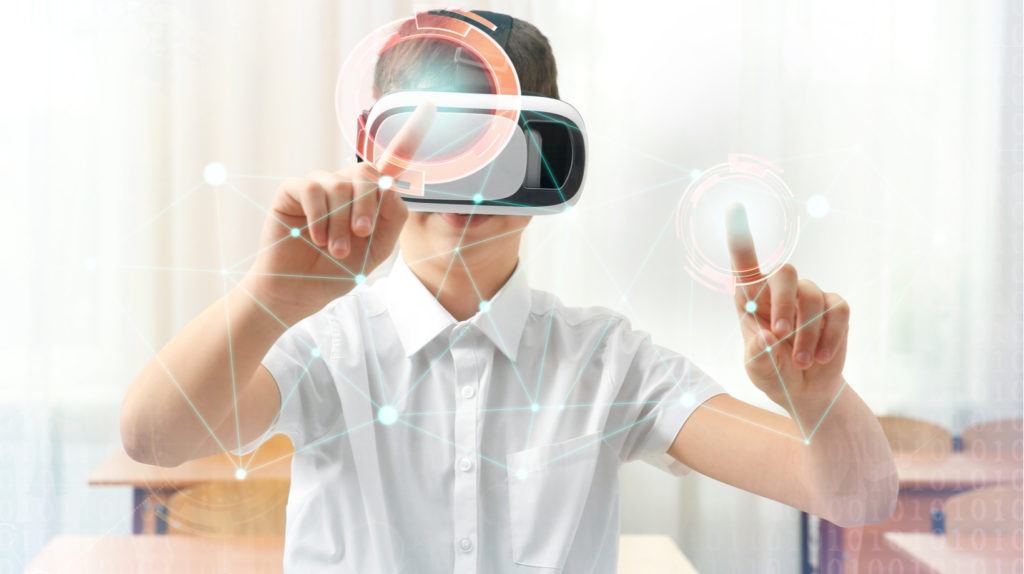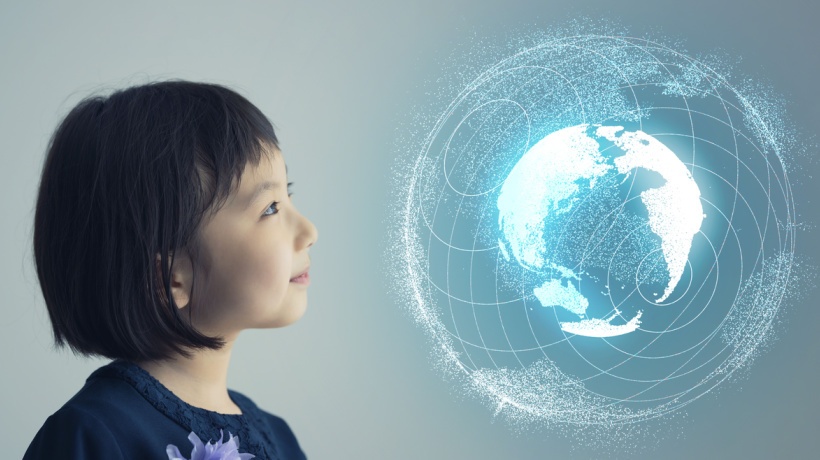Discussing The Future Of Education And Technology
Recent advancements in educational technology (EdTech) are nothing short of amazing. The developments that have emerged in this field are empowering educators to create remarkable learning experiences for today’s young minds.
Now, the education field looms on the horizon of positive disruption. New technologies promise to make it easier and faster for students to learn.
Emerging Education And Tech Trends
A recent poll reveals that 75% of educators believe that digital content will replace textbooks by the year 2026, and there are more remarkable technologies on the way. In fact, choosing which innovations to bring into the classroom is somewhat of a challenge for educators.
Virtual Reality (VR) is one extraordinary technology that teachers are deploying in the classroom. Mobile EdTech is another resource that’s emerging in the field.
Educators are also experimenting with gamification – a teaching resource that turns learning into a videogame. This tool entices learners by challenging them to complete work in order to reach a new level. To date, this framework has succeeded in engaging young learners.
In other areas, developers have created educational software that presents reading materials based on students’ comprehension level. In addition, today’s students have access to many part-time and certificate online learning programs. Not only are these resources available for K-12 learners, but they extend through university levels as well.
Online Education Is Growing
In fact, there is a growing trend toward online access to educational content and learning resources. Now, more than ever, there is a wealth of available online learning opportunities. Part of the appeal of online classes is that they’re convenient. Students can take lessons at home 24 hours a day, seven days a week, and thanks to a rapidly growing catalog of available content, they can learn about nearly any topic that piques their interest.
In 2017, online learning was a disruptive force in education. Now, education leaders recognize that learning demands are going through a process of transformation. Resultantly, educational content developers are shifting their focus toward the learning needs of the future.
What Lies Ahead For The Next Generation Of Learners In Education
Students in the classrooms of tomorrow can look forward to working with exciting resources, such as robotic kits that educators used to teach coding. Also, educators have grown weary of traditional standardized testing frameworks. Now, digital testing is emerging as an empowering resource that allows educators to track student performance and measure learning improvement over time. Furthermore, institutions can leverage Artificial Intelligence (AI) to develop customized student learning solutions based on test results.
Crowdsourced tutoring is another new concept that’s emerging in education. This fledgling practice, also called micro-tutoring, is in its infancy. Mindfulness and behavioral help will be critical to ensure students' success. Technological innovations also promise to help educators improve learning outcomes for students with autism spectrum disorders (ASD). Technology is in high demand to improve learning outcomes and ensure everyone can get a quality education.
The Growing Need For Mindfulness And Wellness In Education
There is a big need for mindfulness and wellness practices in classrooms. People need balance and resources to help them succeed. We will see more resources and education devoted to helping kids and people take care of themselves. Using technology to balance creativity with thinking can help educators and students improve their overall health, focus, and productivity. This will provide students with needed social, emotional and mental support. Education in wellness and opportunities to learn meditation, yoga and focus techniques will add tremendous value to the new generations.
Building healthy relationships with students is an important part of the role of educators. Teachers take on the responsibility of providing guidance and ensuring that students have a safe place to learn.
In today’s evolving world, more teachers recognize the need to understand that students may have personal issues that can interfere with learning as well as their overall well-being. Teaching mental health in schools and the workforce can be extremely valuable. Resultantly, there’s a growing movement to practice mindfulness in the classroom and consider the outside influences that may affect student behavior.
Teachers practice mindfulness by providing purposeful, non-judgmental attention with sincere empathy. For many educators, the ability to practice mindfulness with students must start with self-care. By taking care of themselves, teachers are better equipped to provide today’s students with the attention that they need.
Mindfulness training helps educators develop a clear understanding of students' choices, influences, and language and also teaches self-care. With this training, educators are better equipped to nurture a safe and supportive learning environment for students.
Keep Learning And Educating Yourself
The idea of implementing technology in the classroom is not new. However, technology has taken off in the classroom in relatively recent years. As the field matures, emerging firms promise to deliver exciting new resources for learners. While the direction of EdTech is unclear, analysts forecast that this promising field is in its very early beginnings.
No doubt, all education will continue to be valuable and necessary. Students and people will need to continue to adapt to technology, continue to want to learn, and continue to stay motivated in their own self-development.









